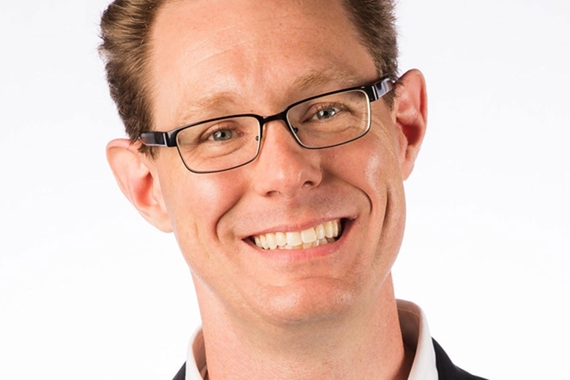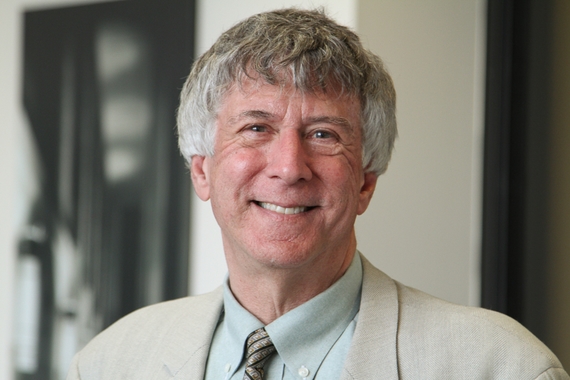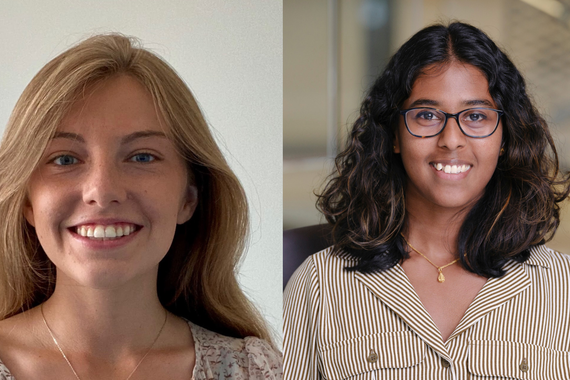How Korean Adoptees Negotiate Race While Finding “Home”
Interview highlights have been lightly edited for length and clarity.
My area of research broadly focuses on the ways in which race, ethnicity, migration experiences, affect human development in youth and families. More specifically, I’m interested in how Korean adoptees raised in white families learn about their heritage culture, and how to negotiate race in America.
What was the approach you took as you began to work with the adoptees and their families?
When I started to do research on Korean adoption, I knew very little about this particular community. And so it really required that I immerse myself in the Korean adoption culture and the community, locally and nationally.
That was a very different approach to doing research. Because the focus for me was first just getting to understand this community as a whole. What did they see as the most pressing issues facing the community as a whole, and then within families, and then within individuals? And so I really wanted to give voice to Korean adoptees, first and foremost, and to center their narrative in the research I do.
If there were just one thing you want people to understand about your work, what would it be?
To me what’s really important is understanding the diasporic experiences of immigrants, and how people from one country can settle into many different lands, many different countries, and learn how to develop a sense of belonging, a sense of home in these new environments.
What is the focus of the FamiLee lab?
The FamiLee lab focuses on the racial and ethnic experiences of immigrant and minority youth and families. And we’re particularly interested in culture-specific risks and protective factors that affect their development. Those range from experiences of discrimination, to ethnic identity development, to acculturation experiences, to ethnic and racial socialization practices within the family.
What makes your work unique?
The vast majority of research on ethnic minority mental health has largely focused on the African American experience. And that’s certainly understandable given the long history of African Americans in this country, the racism and discrimination that they’ve experienced, and the major disparities across all domains of life.
The challenge, of course, is that Asian American experiences have often been invisible and overlooked. And when it has been studied, Asian Americans are often seen as a model minority —high-achieving, never having problems. But that type of ethnic glossing is deeply problematic, because there are many serious problems and challenges, as well as much more rich dynamic experiences within these Asian American communities, and that has typically been ignored in psychology.
How do you reach those communities?
We reach communities, sometimes, by going into those communities. But of course, now, with the internet, a lot of things are really done through surveys online, or through Zoom interviews. And it’s made it actually much easier for us to reach hard-to-reach populations. Studying minorities is not as convenient and as accessible as it is to study college students or white populations in Minnesota. So our work really requires us to be more creative in how we recruit families. Sometimes we work with agencies and clinics that are serving populations. And other times we're doing direct outreach to those communities.
Can you describe the relationship between your research and your teaching?
My research directly informs my teaching. I have, for many years, taught different freshman seminars. Until recently, I was teaching a freshman seminar on Asian American psychology. Much of what I would teach students, drew upon the different kinds of research that we were doing in our lab, but also that others are doing that we're familiar with.
For me, what’s really important is to provide a nice blend of history, psychological research, and also making it become very real to the students. And I would do that by oftentimes bringing in local artists and activists who are on the ground, really immersed in these different communities.
Tell us about your involvement in the Diversity In Psychology Program and your approach to working with graduate students.
I have led the department in developing the Diversity In Psychology Program, which is designed to bring in and actively recruit students from diverse underrepresented backgrounds, to help coach them on the graduate admissions process to showcase our department, and what we have to offer here at the University of Minnesota with the hope that some of them will actually apply to our graduate programs, and then come here. And I've been really lucky to have a few of those students now working in my lab.
I never would have had this opportunity to be working with these students, had we not made the effort to reach out ... and to encourage them to apply here. My grad students today are pushing the boundaries of the research I do in directions I never would have imagined going in—studying Islamophobia, studying intergenerational trauma, studying how the media portrayal of violence against African Americans impacts the mental health of African Americans. Those are not things I ever would have initially studied. But my graduate students bring that to the lab, and really enrich and broaden the kind of work we're doing now.
How does your work reflect, confront, or otherwise call attention to problems facing our society?
Well, I can tell you right now, during the COVID pandemic, Asian Americans have been targeted. The discrimination and xenophobia they’re experiencing are at all-time highs. And the work I’m doing directly informs how families can prepare their children for these types of encounters. When government officials are referring to COVID-19 as the “China flu” or “kung flu,” that only fans the flames of fear in Americans, and puts a target on the backs of Asian Americans.
Walk us through a current or recent project of yours. How did you design the work and decide what ideas to explore through it?
When the pandemic hit and we all started to work remotely, it was an opportunity for me to think about what I can do. I was interested in the larger University community, and how COVID-19 was affecting all of us. And so I approached my grad students, and said, “I’d love us to shift or pivot some of our research to look at how COVID-19 is affecting university life, from faculty, to staff, to grad students, to undergrads.”
We first surveyed people with a lot of open-ended questions—just to hear firsthand how people are feeling and handling the pandemic, distance learning, wearing a mask, etc. Then we were able to tailor our survey to focus on the issues initially raised by faculty, staff, and students.
What’s next on the horizon?
One of the newer projects that we have going right now is focusing on how Korean adoptees can have more agency in their own lives. One of the ways in which Korean adoptees are taking control of their lives is by taking advantage of new medical technology.
For example, Korean adoptees know very little about their birth family; birth records, and adoption records are hard to access and often not reliable. New advances in medical technology provide them with a new tool, genetic testing. Both direct to consumer genetic testing as well as provider prescribed genetic testing, can now provide adoptees with an opportunity to learn more about their ancestry, about their biological relatives, as well as their biological health history.


